Everything You Need To Know About The 2021 Tour de France Mountains
Everything You Need To Know About The 2021 Tour de France Mountains
Don't let the three summit finishes fool you. This year's tour packs no shortage of serious mountain tests. Find out the details here.
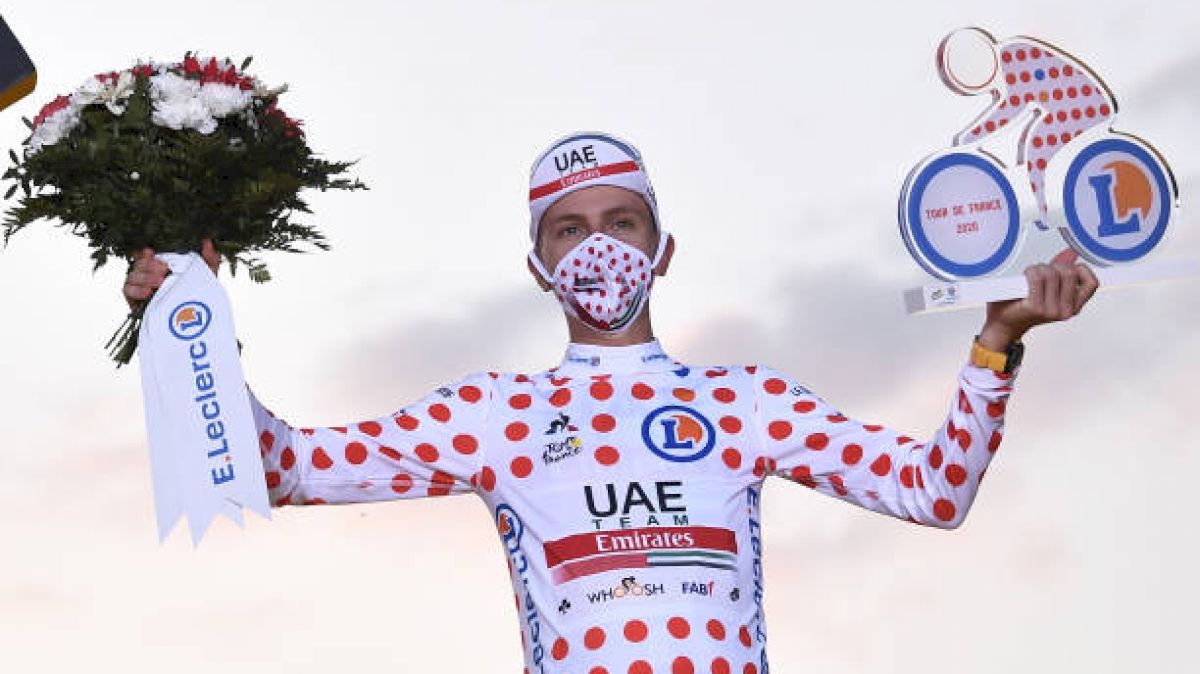
The 108th edition of the Tour de France kicks off on June 26. The race will travel 3,383 kilometers across windswept plains, and mountain peaks from the seaside town of Brest, Brittany, to the finish in Paris.
Join PRO to watch the 2021 Tour de France live and on demand in Canada on FloBikes. Exclusive highlights and content will be available to our worldwide audience!
The 2021 route will likely favor a powerhouse GC rider thanks to its nearly doubled time trial kilometers, up from 36km in 2020 to 58km in 2021. While there are only three summit finishes in this year's Tour, the mountains the race will tackle are some of France's biggest and highest.
This year the peloton will ride higher than in previous editions reaching an altitude of 2,408m on the Port d’Envalira on stage 14, with a total of 27 climbs, down from a record 29 in 2020.
Summit time bonuses, which were introduced in 2019, return this summer. General classification bonus seconds will be strategically placed on six climbs throughout the Tour. The first time bonus opportunity falls on the first ascent of the Mûr-de-Bretagne during stage two. The top three riders will be awarded 8, 5, and 2 seconds respectively. These bonus seconds reliably draw out GC contenders, giving way to thrilling mid-race battles on key climbs.
The last two editions of the Tour have been won with slim margins of about a minute, with Tadej Pogačar winning with a gap of 59 seconds last season, the closest margin since Greg Lemond’s 8-second win in 1989 over Laurent Fignon.
Besides being the youngest Tour de France champion in 111 years at the age of 22, Tadej Pogačar of UAE Team Emirates, also took home the Best Young Rider and King of the Mountain classifications in 2020.
Bonus Point Summits:
- Stage 2: Mûr-de-Bretagne, first passage
- Stage 7: Signal d’Uchon
- Stage 8: Col de la Colombière
- Stage 11: Mont Ventoux, second passage
- Stage 14: Col de Saint-Louis
- Stage 15: Col de Beixalis
Overall, there are fewer category 2, 3, and 4 climbs in the Tour's six major mountain stages. KOM points are doubled for the three summit finishes on stages 9, 17, and 18.
While stage 7 is not considered a mountain stage, the riders will face Le Signal d’Uchon, a never before used 5.7 kilometer long climb which lies 230 kilometers into the Tour's longest stage. Despite not being listed amongst the Tour's mountain stages, the climb should see general classification interest due to the bonus seconds on offer.
The iconic Mont Ventoux will be featured twice for the first time in its history on stage 11 for what is expected to be an epic battle for the GC.
Read on to discover the six major mountain stages of the 2021 Tour de France.
Stage 8: Oyonnax – Le Grand-Bornand, 151km
The Tour's first mountain stage begins in Oyonnax, seven years after Tony Gallopin's 2014 solo to victory. The stage comes on the heels of the 248 kilometer stage seven and kicks off an alpine double header.
On stage eight, the peloton will face the first iconic climb of the Tour – Le Col de Colombière. French fans will recall the finish in Le Grand-Bornand, where current World Champion, Julian Alaphilippe soared to his first Tour de France stage victory of his career in 2018, winning the stage by over a minute ahead of Ion Izagirre.
This time around, the route will feature two preceding climbs starting with the Côte de Mont-Saxonnex at 960m of elevation, 5.7 km long with a max gradient of 8.3%. Followed by the Col de Romme that is 8.8km in length with the steepest gradients of the day at 8.9%, before they face the 7.5km long, Col de Colombière. The trio of Alpine climbs take place all within 20km before the descent to the finish in Le Grand Bornand.
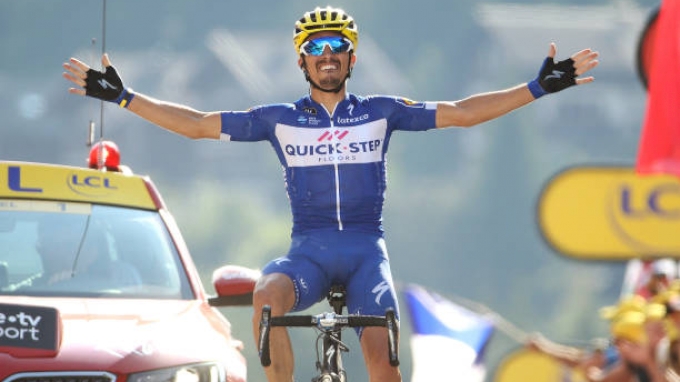
Stage 9: Cluses – Tignes, 145km
The Tour makes good on its promise to return to Tignes, the mountain town which the Tour failed to reach on stage 19 of the 2019 Tour de France. The stage, which was cut short due to a hail storm and land slides, put Egan Bernal into the yellow jersey, thanks to his attack on the Col de l’Iseran. He would go on to become the first Latin American to win the Tour de France.
Stage nine is the first of three summit finishes in this year's Tour. It is followed by the first rest day, so do not expect to see anyone saving their legs in the finale.
After a flat 20 opening kilometers the first of five categorized climbs set for the day – Côte de Domancy – which will likely see a breakaway should establish.
The Col de Pré will see its second inclusion of the Tour, following a 17.5km descent to Beaufort before the road pitches up again. The final ascent up to Tignes concludes at 2,113m after a long, 21km climb. The average gradient is set at 5.6%, with those fighting for victory and the precious bonus seconds will have a respite halfway up the climb where it flattens out for roughly 2.5km. The total elevation gain for the stage will be 4,400m.
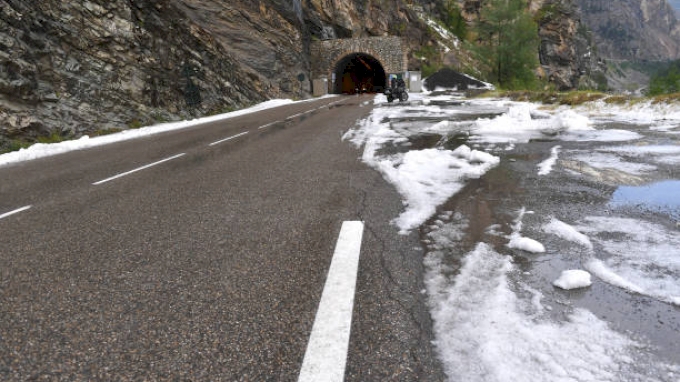
Stage 11: Sorgues – Malaucène, 199km (Mont Ventoux)
From its first inclusion in the tour in 1951 to the tragic loss of Tom Simpson in 1967, Eddie Merckx and Marco Pantani’s stage wins, to the controversial crash and run up the summit involving Chris Froome in 2016, the legendary ‘Giant of Provence’ will make its mark once in the Tour once again in 2021.
The peloton will ascend Mont Ventoux twice on stage 11 for the first time in Tour history as a way for the Tour to salute the local government that refurnished the summit specifically for cyclists.
The punishing winds and second ascent from Bédoin will punish the protagonists of the day, averaging 8.8% over 15.7km, rewarding the top three with time bonuses for their efforts. The day finishes with a descent into Malaucène. The last stage winner was Thomas De Gendt in 2016.
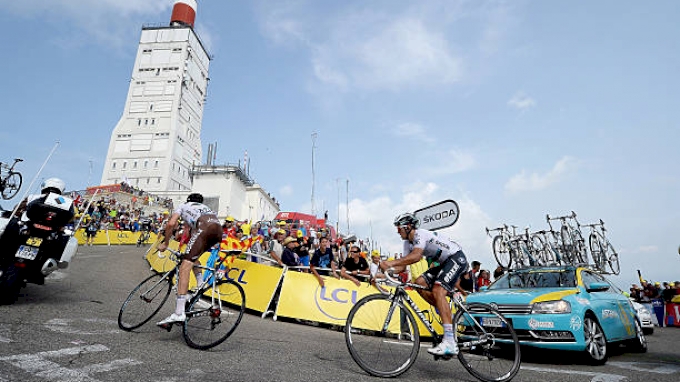
Stage 15: Céret – Andorre-La-Vielle, 192km
The Tour ventures outside of France on stage 15 to finish in the Provence of Andorra, a home to many pro cyclists.
The Tour visited Andorra last in 2016, when Tom Dumoulin won amidst a hailstorm. Stage 15 is the day Race Director Christian Prudhomme believes the king of the mountains classification will be crowned.
The peloton will face four category climbs, reaching the highest point of this year's Tour on the Port d’Envalira at Souvenir Henri Desgrange, a summit 2,408 meters above sea level.
Following a final climb up the Col de Beixalis, where time bonuses are once again on offer to the first three over the summit, the race will descend to the capital of Andorra where the stage finishes, and where the peloton will then spend its second rest day.
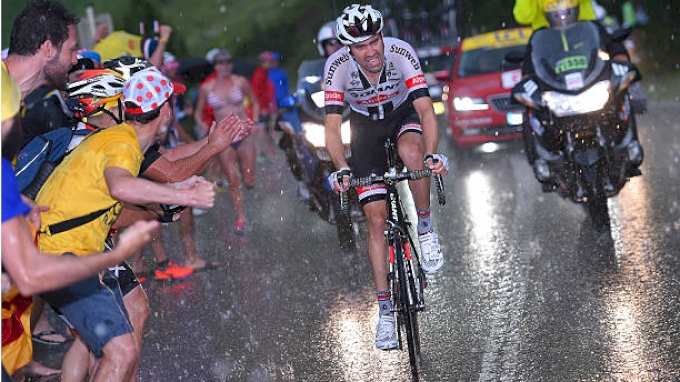
Stage 17: Muret – Saint-Lary-Soulan Col du Portet, 178km
The Tour always plans a special stage for Bastille Day, and this year's stage 17 will be no exception. The slopes of the Col du Portet were first tackled in 2018, when Colombian Nairo Quintana soloed to victory in spectacular fashion. He remains the only winner of the 6km (8.6%) summit.
After 113 relatively flat kilometers, the peloton will tackle two major mountains, the Peyresourde and Val Louron-Azet.
The Tour's second summit finish will then be fought out on the unforgiving 16km-long Col du Portet. Gradients remain above 8%, as the road snakes its way through steep, hairpin turns and over rough tarmac before pitching up to 10% for the brutal finale.
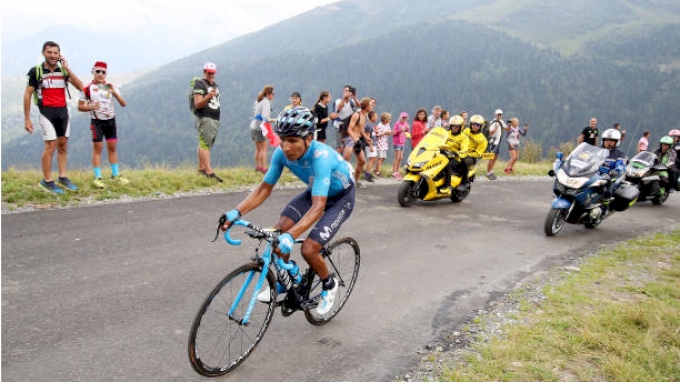
Stage 18: Pau – Luz Ardiden, 130km
The pressure is on when the peloton arrives in Pau for stage 18. This is the day the KOM jersey will be decided, and it is the final opportunity for general classification contenders to attack prior to the stage 20 individual time trial.
The stage will climb two giants of the Pyrenees, the Col du Tourmalet and for the first time in a decade, the Luz Ardiden.
Samuel Sanchez last won this summit finish as Olympic Road Champion in 2011, narrowly beating Belgian Jelle Vanendert racing for Lotto Soudal, in a nail-biting battle that came down to the final 300 meters.
The Tourmalet is the highest paved mountain pass in all of France with a summit reaching 2,115m, celebrating its 84th participation in the Tour this July. Stage 18 will conclude the last of the three summit finishes. 2020 Tour de France Champion Tadej Pogačar (UAE Emirates) stated in regards to the summit finishes, “I would have liked a few more, but, regardless, I expect exciting racing as always at the Tour.”
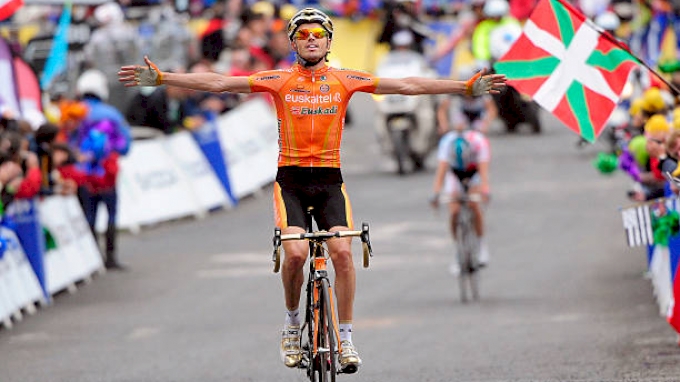
Join FloBikes for full live and on demand streaming of the 108th Tour de France in Canada, and exclusive content and coverage available worldwide!